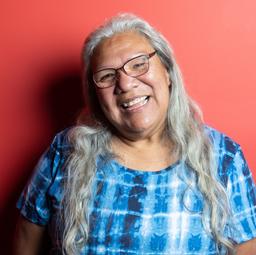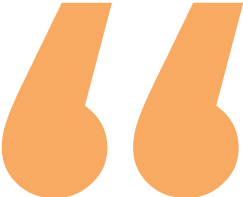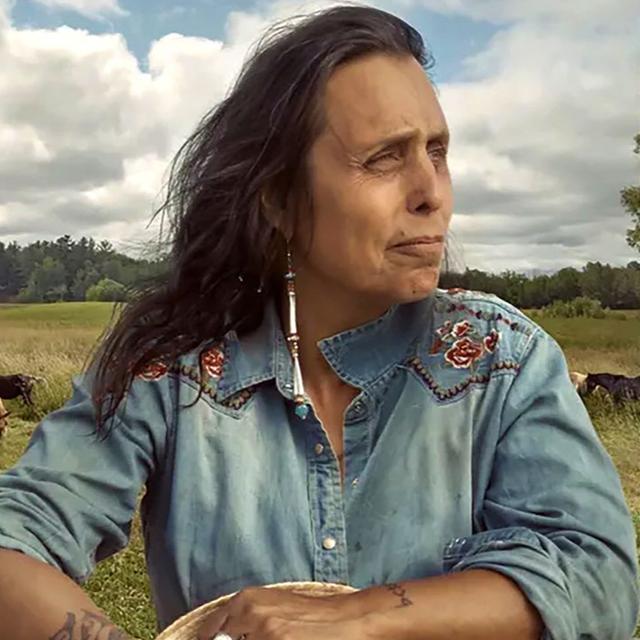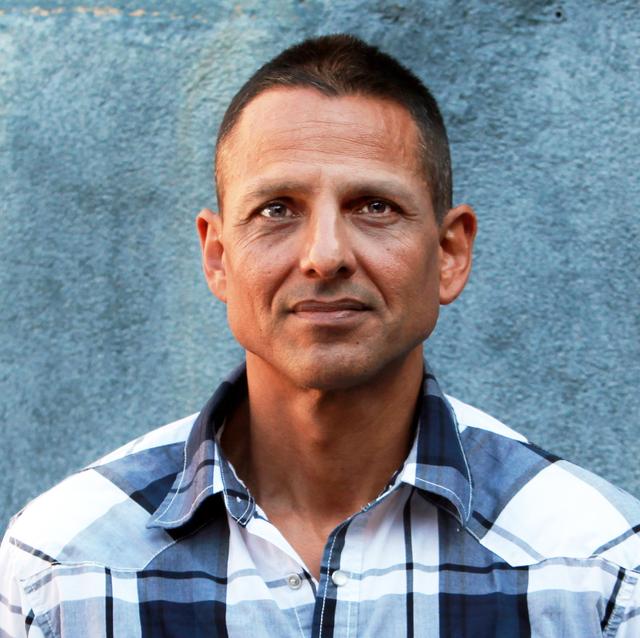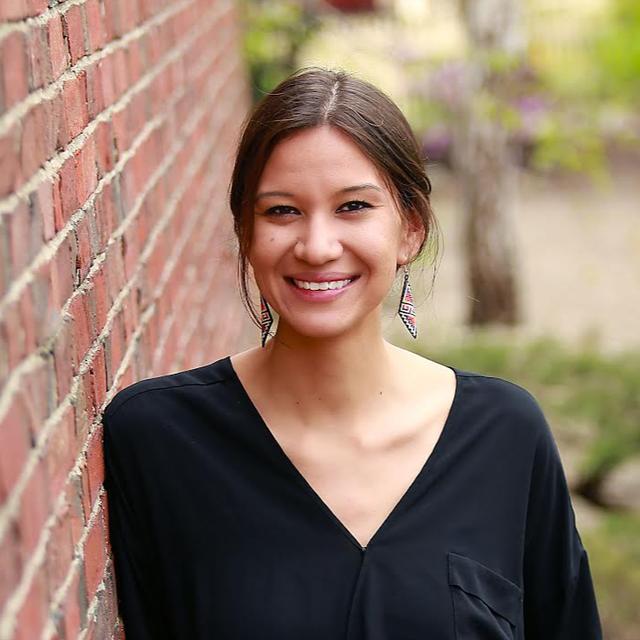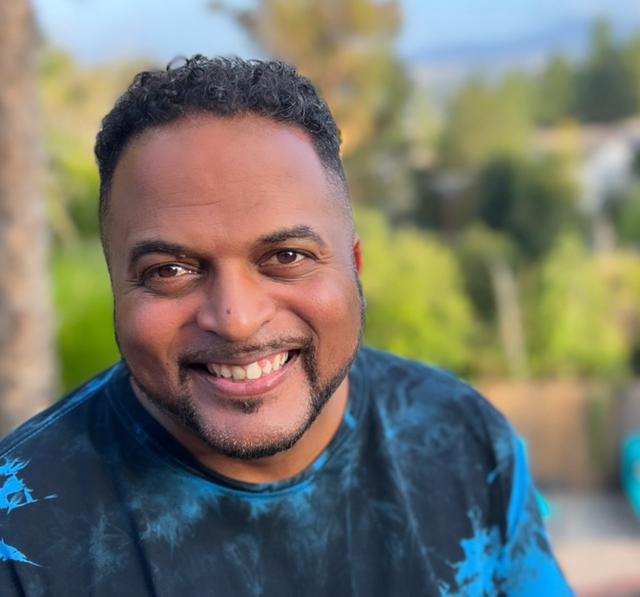Lakota Harden (Minnecoujou/Yankton Lakota and HoChunk) is a highly-respected, award-winning organizer, community leader, and elder who has been part of Native American struggles for the past four decades.
She first became an accomplished speaker as a youth representative of the early American Indian Movement’s “We Will Remember” Survival School on the Pine Ridge reservation, established out of the 1973 Wounded Knee occupation. She has continued her activism over the decades, working with the International Indian Treaty Council, Women of All Red Nations, Idle No More, Indigenous Women’s Network, Lakota Traditional Birthing Project, the weekly KPFA radio program, Bay Native Circle, and OYATE, a Native organization insuring that Native peoples are portrayed honestly through books. Lakota was also trained in unlearning oppression work by the Oakland-based Todos Alliance-Building Institute and the Oakland Men’s Project.
Growing out of her work with youth of Alaska’s Sitka Tribe, Lakota spent time as a counselor at Raven’s Way, an residential treatment program for Indigenous youth, worked at Health Promotions, focusing on diabetes prevention, and most recently, served as the Community Outreach Coordinator of Sitka Counseling and Prevention Services. She sits on the CIty of Sitka’s Health Needs and Human Services Commission. Lakota is also a co-founder of the Herring Protectors, a local environmental group that works to protect herring and salmon from overfishing by corporate interests.
Speaking from her personal experiences attending Indian boarding schools as a child and as a descendant of boarding school attendees, Lakota also looks at the intergenerational impact of the boarding school experience for Native America. Much of this work focuses on the healing of intergenerational historical trauma that stems out of the systematic genocide implemented by the U.S. government. Acknowledging trauma, exploring methods and resources for healing, drawing on cultural practices and centuries-old knowledge, are some of the ways to move forward. She also offers “Decolonization” workshops for Indigenous peoples, addressing the impact of genocidal policies on individuals, families, and communities.
Lakota is recipient of a Brave Hearted Woman Award presented by Mills College (Oakland CA) and a Sisters of Fire Award presented by the Women of Color Resource Center to leading women of color activists and artists for their outstanding commitments to social justice. Lakota is also featured in the 2018 documentary, Warrior Women. She also tours with the Portland-based band, Portugal the Man, and serves as a Community Advisory Board member of their foundation which supports and highlights the stories of Indigenous Peoples.
Decolonization and Rematriation: Righting Historic Wrongs and Reclaiming Our Path
In this presentation, Lakota draws on her life experiences, ancestral memory, and four decades in Native American struggles to look at how we can liberate ourselves, our society, and cultivate roots for connection. She uses the framework of decolonization to counter its manifestations in gender, race, knowledge, and educational systems as well as rematriation, the act of returning or aligning with a collective worldview under the stewardship and leadership of women. She discusses how we can right historic wrongs rooted in white supremacy, settler colonialism, and patriarchy by lifting up cultural practices that restore balance to our lives and all our relations - human and non-human relatives alike. This powerful presentation will help us reclaim our original way of being and feel revived, encouraged, and empowered to continue our walk on this earth with self-respect, love, and deeper connections on a path to healing ourselves and our world. Lakota Harden is the best medicine one could hope to receive!
Indian Boarding Schools: The Path to Healing and Reconciliation
Speaking from her personal experiences attending Indian boarding schools as a child and as a descendant of boarding school attendees, Lakota looks at the the intergenerational impact of the boarding school experience for Native America. She examines the federal policies under which American Indian, Alaska Native, and Native Hawaiian children were forcibly removed from their family homes and placed in boarding schools. She looks at how it is still a major part of the collective problems in Indigenous communities, affecting the generations who were raised by those who attended, even if the people themselves did not. Through her lifetime of work with Native children, she has seen repeatedly how the chronic adverse childhood experience all stem from the genocidal effects of repressive legislation created to "deal" with Indigenous people. H.R. 5444, which was under consideration in the 117th Congress (2021-2022), would establish a Truth and Healing Commission on Indian Boarding School Policies -- a step in the right direction. For there to be accountability, Lakota argues, the truth of the boarding school process needs to be brought to light so the nation can heal.
We are the Land! Cultivating Roots for a Connection to a Centuries-Old Community
During this time of re-examining our place on this planet, we need to take time to consciously look at ways to liberate oneself from learned conditioning. Drawing on our ancestral memory as well as modernization of Indigenous philosophies, how we can create a network of support and inspiration for our daily lives? We are the voice of the Waters, Trees, Air, Four-leggeds, Winged, and our future generations. This talk will address the importance of Identifying and restoring cultural practices and rediscovering our beliefs and values for the empowerment of our original role - living with our relatives on this planet.
“Decolonization” Workshop for Indigenous Peoples
This workshop addresses the impact of genocidal policies on Indigenous individuals, families, and communities. The colonization of Indigenous communities has had multiple affects on those who have survived the "Manifest Destiny" tactics. In healing work, it is important to look at the spiritual and mental, as well as physical and emotional complexities of individuals. Acknowledging trauma, exploring methods and resources for healing, drawing on cultural practices and centuries old knowledge, are some of the ways to move forward.
